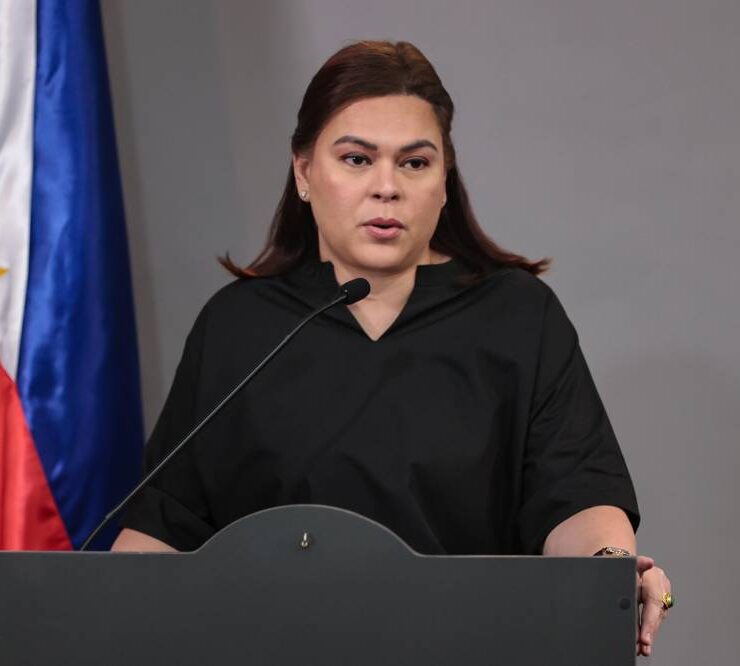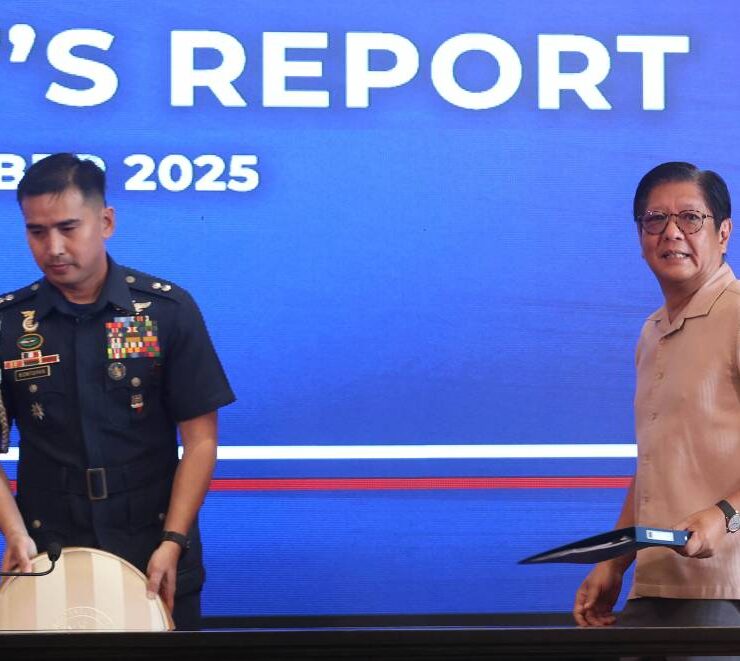South Korea’s ‘Edsa Tres’ moment

South Korea, an Asian country with which the Philippines has shared strong cultural affinities in recent years, is currently grappling with a political crisis eerily reminiscent of the Philippines’ Edsa Dos and Edsa Tres uprisings. The South Korean approach to this volatile moment offers a valuable lens through which Filipinos might reflect on their historical handling of political crises at the highest levels of government.
On Dec. 3, President Yoon Suk-yeol shocked the nation by declaring martial law, ostensibly to root out “anti-state forces” within the opposition-controlled National Assembly. This draconian measure evoked memories of Korea’s authoritarian past. However, before the military could act on Yoon’s orders, members of the National Assembly urgently convened and unanimously rejected the martial law declaration. Simultaneously, ordinary Koreans, galvanized by social media, poured into the streets to protest this authoritarian move.
Realizing he had lost the initiative, Yoon rescinded the martial law order within six hours. However, the damage was done. The National Assembly moved swiftly to impeach him, effectively suspending him from office while the Constitutional Court deliberated on the case. Adding to Yoon’s woes, the Corruption Investigation Office for High-ranking Officials (CIO) took cognizance of insurrection charges filed against him, leading to an arrest warrant. Yoon has challenged the validity of the arrest order, calling into question the CIO’s authority and rallying thousands of supporters to his official residence.
When the CIO’s arresting team attempted to serve the warrant, they were blocked by the Presidential Security Service (PSS), an elite army unit tasked with protecting the president. Concerned about escalating tensions, the CIO team withdrew, leaving the nation in a precarious standoff.
What stands out in South Korea’s response is the reliance on institutional mechanisms rather than mass uprisings to resolve the crisis. This contrasts sharply with the Philippines’ experience during Edsa Dos and Tres.
Few Filipinos vividly recall the events of Edsa Dos and Tres, overshadowed as they are by the iconic Edsa People Power Revolution of 1986. But these later episodes hold important lessons. In January 2001, the impeachment trial of President Joseph Estrada collapsed after senator-judges voted to block evidence against him. The dramatic walkout of dismayed prosecutors and the jubilant dancing of a senator shown on live television symbolized the chaos. Middle-class-led protests erupted at Edsa, prompting the military’s withdrawal of support for Estrada and paving the way for then-Vice President Gloria Macapagal Arroyo to assume the presidency.
The Supreme Court later upheld Arroyo’s presidency, citing Estrada’s “constructive resignation” after he vacated Malacañang amid protests. However, Estrada never formally resigned, and his removal left unresolved questions about constitutional processes and the high court’s independence.
Three months later, Estrada’s arrest on corruption and plunder charges further enraged his mainly urban poor supporters, culminating in the violent May 1 assault on Malacañang—Edsa Tres. Government forces decisively suppressed the protest, but the violent dispersal underscored the fragility of the nation’s social cohesion. A misstep could have sparked a class war or triggered military defections, threatening the nascent Arroyo administration.
What prevented revolution during Edsa Tres? The conditions were not ripe: progressive forces lacked the capacity to capitalize on the discontent and see beyond the short-term opportunities offered by regime change. The state’s decisive response, however controversial, avoided the descent into further chaos.
South Korea’s current political crisis bears echoes of these Philippine episodes but diverges in significant ways. Where the Philippines often turned to mass mobilizations to decide outcomes, South Korea’s institutions—the National Assembly, Constitutional Court, and CIO—are at the forefront. And, so far, the military leadership has not shown any sign that it is about to take sides or intervene. This institutional approach may have its limitations, but it underscores the value of giving legal and procedural norms and processes a chance to work, even amid political turmoil.
For Filipinos, this is a moment worthy of reflection. How might the outcomes of Edsa Dos and Tres have differed if the nation had prioritized institutional resolutions over the fervor of people power? South Korea’s unfolding political drama provides a compelling case study in managing crises with an emphasis on the rule of law.
—————-
public.lives@gmail.com





















